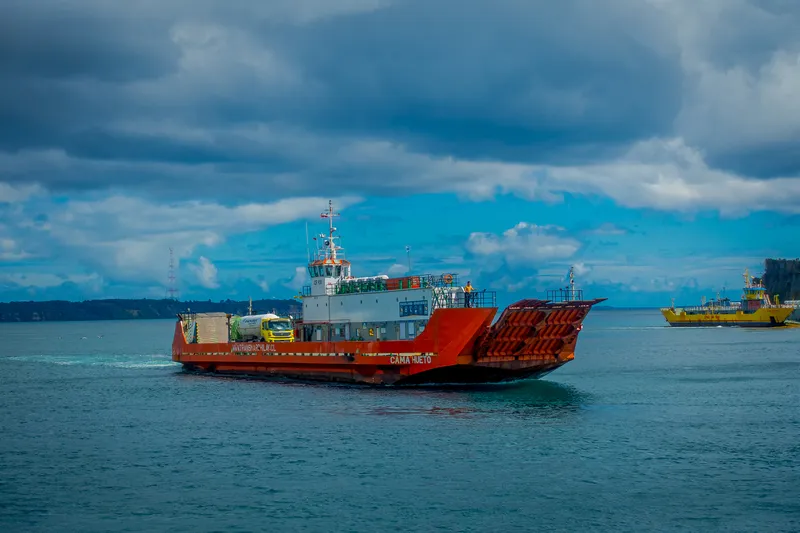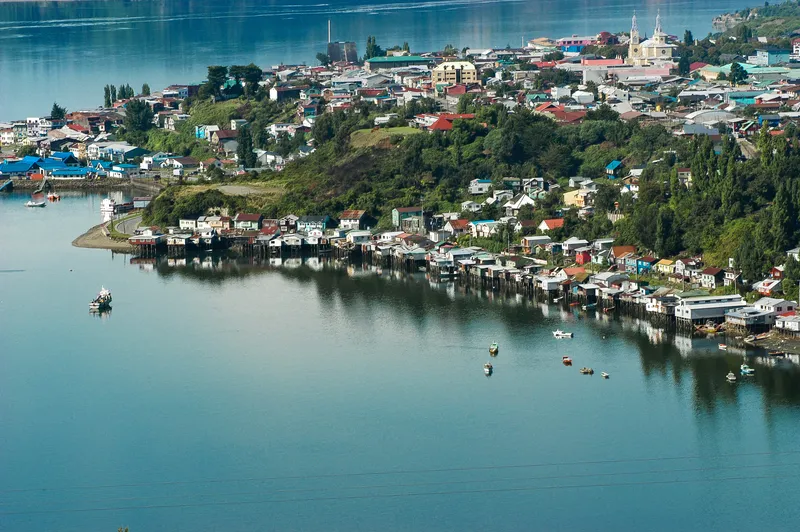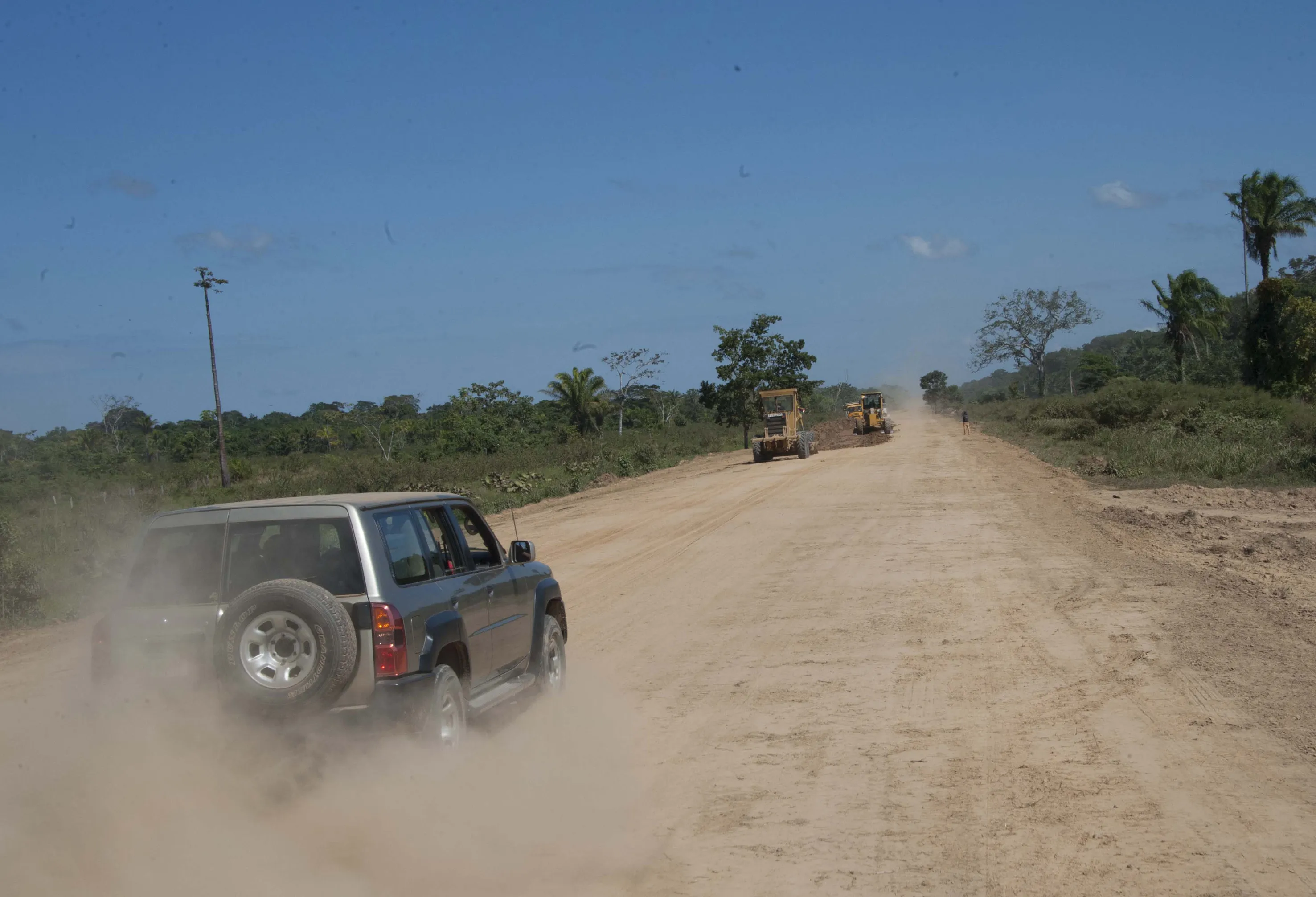Chile’s busy Route 68 between capital Santiago and the country’s main port of Valparaiso faces an uncertain future. The 110km highway carries heavy traffic volumes and is close to its capacity of 4,500 vehicles/hour at peak periods, with extensive works required to improve the route. The work to upgrade Route 68 is expected to cost up to US$170 million, with eight sections of the highway in particular need of attention. The tender process for the upgrade work will open shortly.
The Chilean Government opt
January 24, 2017
Read time: 2 mins
Chile’s busy Route 68 between capital Santiago and the country’s main port of Valparaiso faces an uncertain future. The 110km highway carries heavy traffic volumes and is close to its capacity of 4,500 vehicles/hour at peak periods, with extensive works required to improve the route. The work to upgrade Route 68 is expected to cost up to US$170 million, with eight sections of the highway in particular need of attention. The tender process for the upgrade work will open shortly.
The Chilean Government opted not to buy back the concession for Route 68 from Abertis, which operates the route at present. It was decided that this option would have been too costly. Instead, the Chilean Government decided to maintain the current agreement with Abertis until 2023, with the requirement that the concessionaire would carry out the very necessary capacity and safety upgrades.
However there are plans also to construct an additional highway link joining Santiago with Valparaiso, which would lie to the north of the existing Route 68. This project could cost as much as $1 billion to construct as it would require building a section through Chile’s Cordillera de la Costa coastal mountain range and would include a tunnel stretch. The new route would reduce journey times between Santiago and Valparaiso and improve transport connections to the commuter towns of Quilpue, Villa Alemana and Limache.
The Chilean Government opted not to buy back the concession for Route 68 from Abertis, which operates the route at present. It was decided that this option would have been too costly. Instead, the Chilean Government decided to maintain the current agreement with Abertis until 2023, with the requirement that the concessionaire would carry out the very necessary capacity and safety upgrades.
However there are plans also to construct an additional highway link joining Santiago with Valparaiso, which would lie to the north of the existing Route 68. This project could cost as much as $1 billion to construct as it would require building a section through Chile’s Cordillera de la Costa coastal mountain range and would include a tunnel stretch. The new route would reduce journey times between Santiago and Valparaiso and improve transport connections to the commuter towns of Quilpue, Villa Alemana and Limache.









